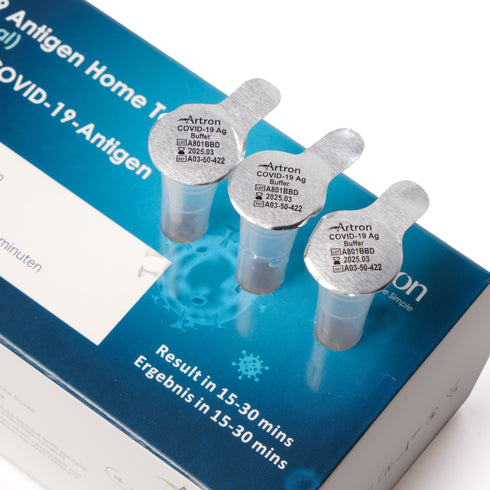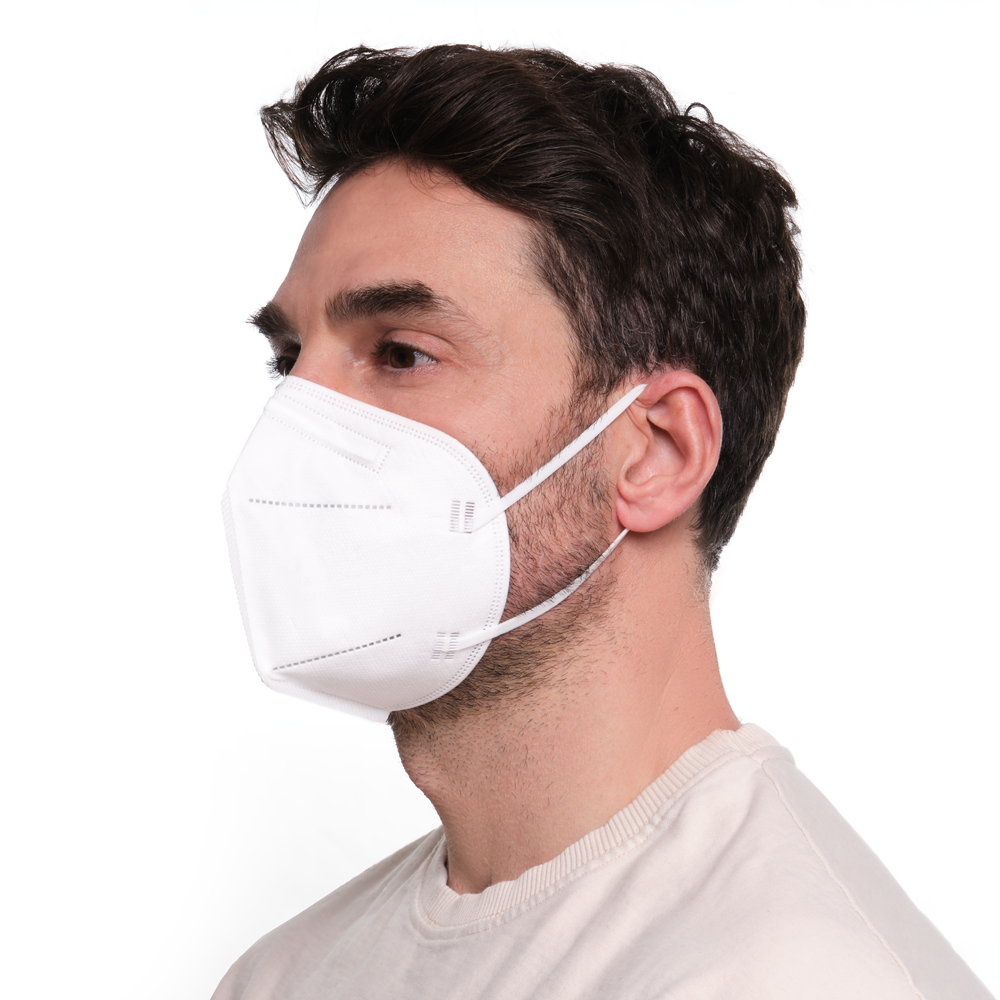Shedding Light on Long Covid: Stories of Resilience and Medical Insights

The impact of COVID-19 extends far beyond the initial infection for a significant number of individuals. Long Covid, also known as post-acute sequelae of Covid-19 (PASC), refers to persistent or new symptoms that develop after the initial infection. With symptoms ranging from fatigue and breathing difficulties to neurological issues and more, Long Covid has left many individuals grappling with its profound and prolonged effects. By sharing first-person accounts from persons who have experienced Long Covid and offering viewpoints from medical experts who have researched and treated it, we hope to spread awareness of the condition.
Personal Stories: Voices of Long Covid
Laurie Woelfle, a 61-year-old resident of Calgary, describes her daily struggles with Long Covid.
“Some days I don’t have enough stamina to do anything. I can’t lift my arms over my head so showering and blow drying my hair is tough. I have special-needs twins and after getting them off to program in the mornings I have to go back to bed.”
The fatigue and physical limitations she experiences make living her life an exhausting challenge. Despite her determination, Laurie has been unable to return to work since she first started to experience symptoms.
“I have been on disability since May, 2021, with a three-month attempt at gradual return to work that failed.”
Natalie, a 41-year-old primary care social worker from Fort Nelson, B.C., shares the devastating toll Long Covid has taken on her life. As a person with a master's degree in health-focused social work, she now battles with memory problems, speech issues, and a constant feeling of exhaustion.
“Something as simple as writing an e-mail feels impossible sometimes. It has taken more from me than one virus should be able to. My life will never be the same.”
Natalie emphasizes that healing from Long Covid isn't a possibility; instead, it's about managing symptoms and navigating the challenges that come with it.
Rachel, a 24-year-old from Toronto, talked about the cognitive difficulties and physical limitations she faces due to Long Covid starting from February 2023. Simple tasks that once took minutes now require significantly more time and energy.
“Brain fog manifests in difficulty concentrating, memory problems and speech issues. In turn, this affects drafting e-mails, presenting materials in meetings and conversing with clients. Routine tasks that once took 10 minutes now take over half an hour.”
The impact on her daily life is substantial, affecting her work, personal relationships, and overall well-being. Rachel's story sheds light on the ongoing struggles faced by individuals even if they may appear "fine" on the surface.
“I used to walk five kilometers every other day. Now, I can only walk for five minutes or stand for 15 minutes before feeling utterly spent. While I may appear to look fine on Teams or in passing, I still haven’t recovered and continue to not feel well.”
Insights on Long Covid from Jason Hunt Maley, M.D
Jason Maley, a Harvard Medical School instructor in medicine and director of BIDMC's Critical Illness and COVID-19 Survivorship Program, provides valuable insights into Long Covid. He explains that Long Covid encompasses persistent or new symptoms that arise four to eight weeks after the initial Covid-19 infection.
“Some people, for the initial two weeks of their infection, had just cold-like symptoms that lasted for three days. They felt like they were fine and then over the ensuing four months they are just so fatigued. They can barely breathe when they walk around, and they have these other severe symptoms that are really out of proportion to the initial symptoms.”
He explained during an interview with The Harvard Gazette, “Some people, not uncommonly, are very slow to recover, and it takes them three to six months to get back to feeling like they have their normal level of energy and that their breathing is improving.” Maley noted when asked if medical experts know how long Long Covid could last.
Maley highlights the varied time courses of recovery and the challenges faced by individuals who continue to experience symptoms months after infection, “Others are nine or 12 months out from their infection, and they still haven’t noticed any improvement. They’re exhausted all day long, and they have severe difficulty doing their jobs because of memory and thinking issues, breathing discomfort, and other symptoms.”
While the exact mechanisms behind Long Covid remain uncertain, Maley discusses several theories.
“There are a few current theories related to the immune system and the manifestations of long COVID that we’re seeing.” These include the possibility of persistent immune activation, nerve pathway damage, and, in some cases, the presence of low-level virus. However, Maley stated “All [theories] are unproven at this point, and I think ultimately there may be several explanations for the different constellations of symptoms.”
These hypotheses highlight the complexity of Long Covid and the need for further research to fully understand its underlying causes.
CONCLUDING THOUGHTS
The stories shared by Laurie, Natalie, and Rachel provide a glimpse into the daily struggles and long-term impact of Long Covid. Their experiences, along with the insights from medical professionals like Dr. Jason Maley, emphasizes the importance of acknowledging and addressing this condition. Long Covid affects a significant portion of individuals who have recovered from the initial Covid-19 infection, challenging their physical and mental well-being. We can give those suffering from Long Covid some hope and work toward a better future by promoting awareness, encouraging research, and fighting for better healthcare.
Resources
https://www.cdc.gov/coronavirus/2019-ncov/long-term-effects/index.html
https://news.harvard.edu/gazette/story/2021/04/harvard-medical-school-expert-explains-long-covid/
https://www.theglobeandmail.com/canada/article-long-covid-canada-stories/



















